Many compare Classical Chinese to the English used in the King James Bible or the English of Shakespeare. But actually, Classical Chinese is a lot older and much more difficult to understand than early modern English.
The relationship between Modern Chinese and Classical Chinese is more like that between Modern Hebrew and Biblical Hebrew, or that between Modern Greek and Ancient Greek.
Why, then, should anyone spend time and energy on it if the language is so difficult and not spoken anymore?
Well, here are a number of reasons why you should still learn Classical Chinese.
-
1 To Write Better in Modern Chinese
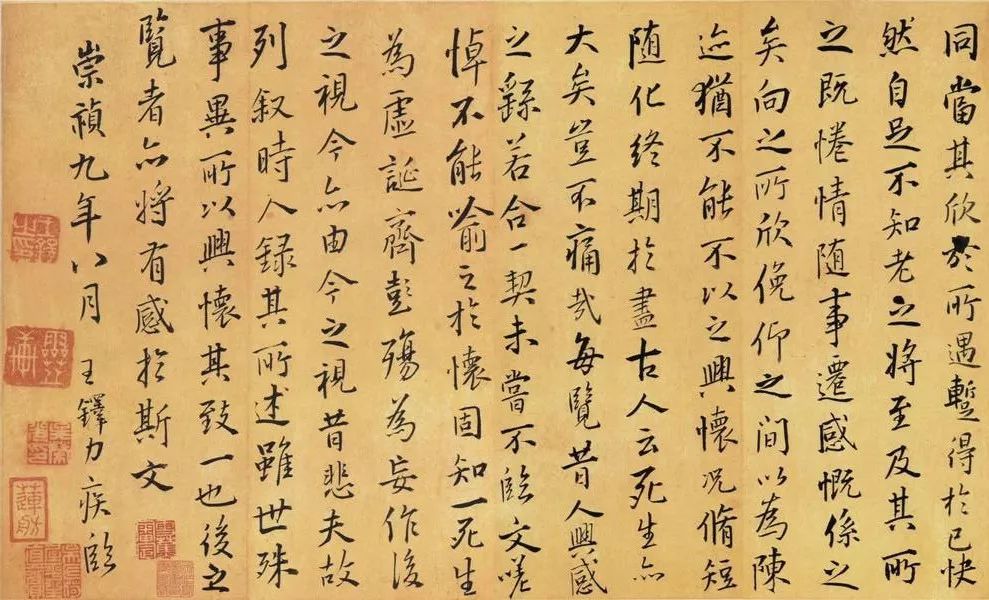
Even though Classical Chinese is rarely used in daily speech nowadays, all Chinese dialects can be considered its offsprings. T
hus, most words have their roots in Classical Chinese, and the ability to understand Classical Chinese allows you better comprehension of modern Chinese words.
For example, "望"、"见"、"视"、"观"、"看"、"睹" all mean "to look" in Modern Chinese, these characters have different implications about specifically how to look in Classical Chinese: "望" means to look far. "见" means to see, or the result of looking.
"视" is simply to look. "观" means to look carefully. "看" means to perceive. And "睹" emphasizes the object one sees.
These different meanings in Classical Chinese also affect how words are made with these characters in modern Chinese. While "观看"、"观赏" both imply "looking carefully", “眺望", "望远" mean to look far away.
Connections like these are especially common in Chinese and very fun to study, and knowing them definitely leads to a better command of Modern Chinese.
-
2 To Read Chinese History
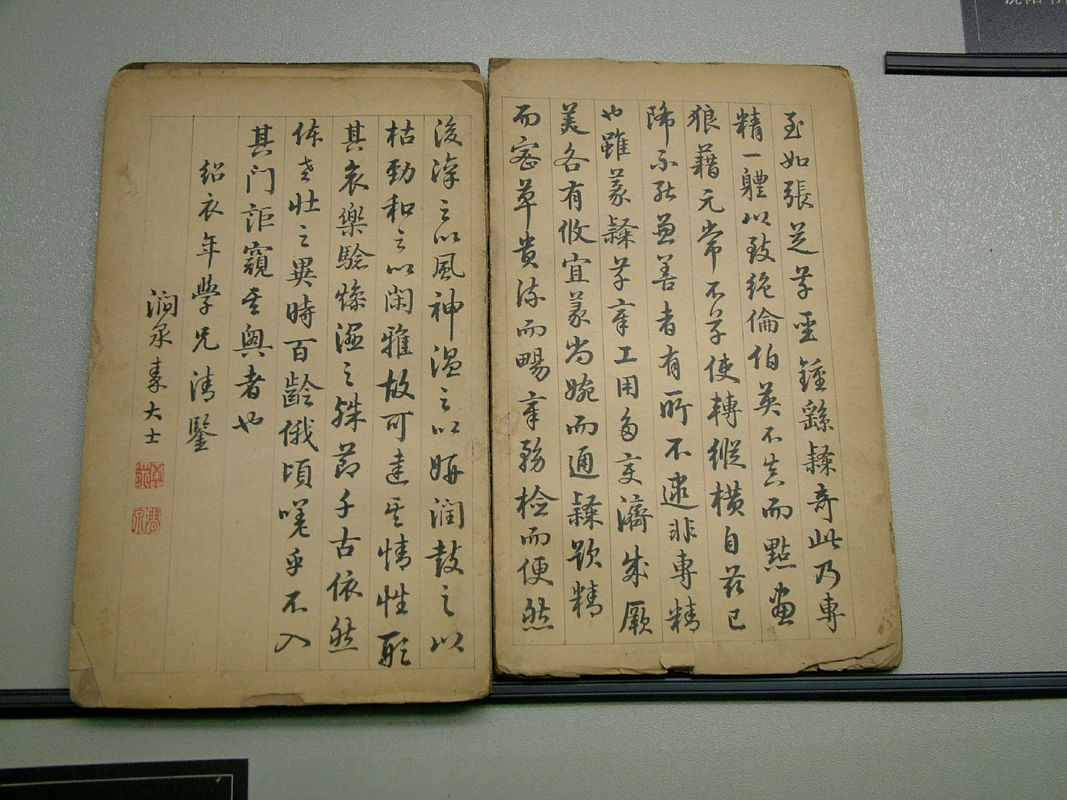
The Chinese are known for having a very strong sense of history. The oldest recorded history books in China date as far back as the 5th Century BC.
Interestingly, from the first book Zuo Zhuan (左傳), written more than 2400 years ago, to the History of the Qing Dynasty (清史) written by the scholars in Taiwan after 1959, every official history book was written in Classical Chinese.
This means if you have the capacity to read Classical Chinese, you will be able to read all these books with little difficulty.
This is because scholars intentionally kept ancient Chinese the official written language even while the spoken language changed over the centuries. This is also why the ability to read Classical Chinese is a necessity if you are interested in Chinese history!
-
3 To Read Chinese Poetry
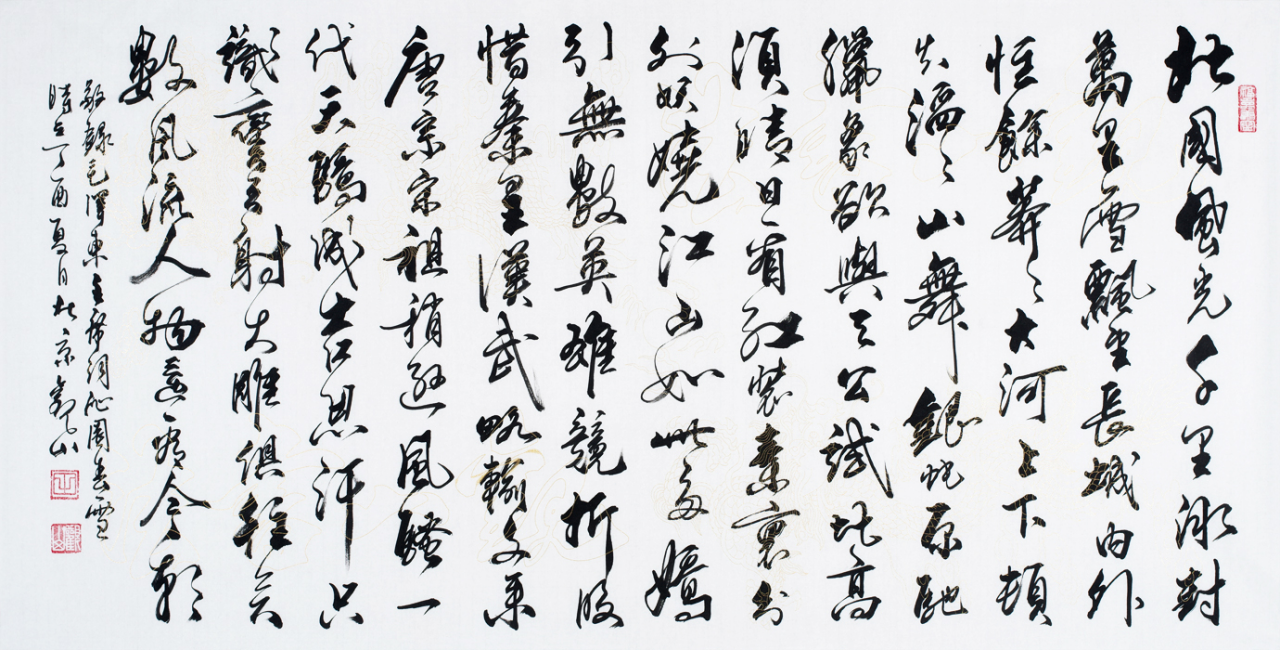
Yes, there is modern poetry in the Chinese-speaking world, but most Chinese speakers will tell you that modern Chinese poems on average are not even half as beautiful as poems written in the Tang and Song dynasties.
It is impossible to fully understand a classical Chinese poem without first understanding Classical Chinese. Knowing the language will give you access to an entire world of literature that you otherwise cannot enjoy.
Even works written after the 14th Century have a very strong Classical component to them, even as they adopt a style closer to modern Chinese.
-
4 It's fun to read
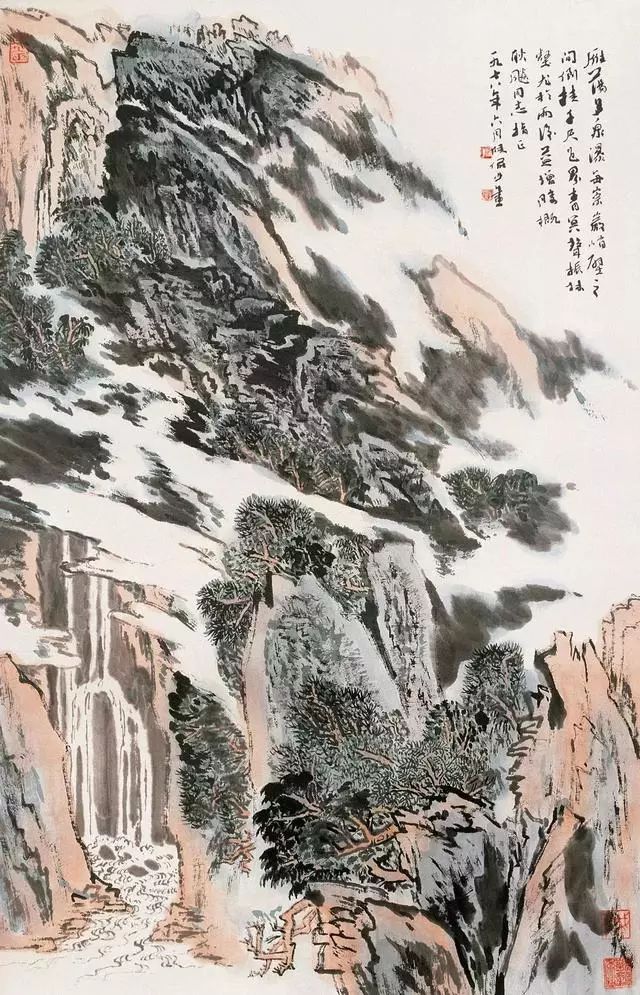
No matter it is history or poetry or any other genre of writing, Classical Chinese is a beautiful language to read.
It is unfair to say that one language is more beautiful than another, but more than two thousand years of practice has allowed so many more great works to be produced in Classical Chinese than in the young Modern Chinese.
Whether the highly stylized and symmetric prose "Pianwen" (骈文) or the simple but elegant "Classicals" (古文), all genres can provide you with a long list of great works that will make your study of Classical Chinese an extremely fun journey.
-
5 To Show It Off to Your Chinese Friends!

When you are traveling in China or wandering around in museums, have you ever seen inscriptions in Classical Chinese that even your Chinese friends have difficulties deciphering?
Well, these instances coiuld now be a great chance to show off your Classical Chinese skills and impress them! And even if you are not a traveler, quoting a sentence from Chinese classics and using some ancient idioms would still be pretty cool!

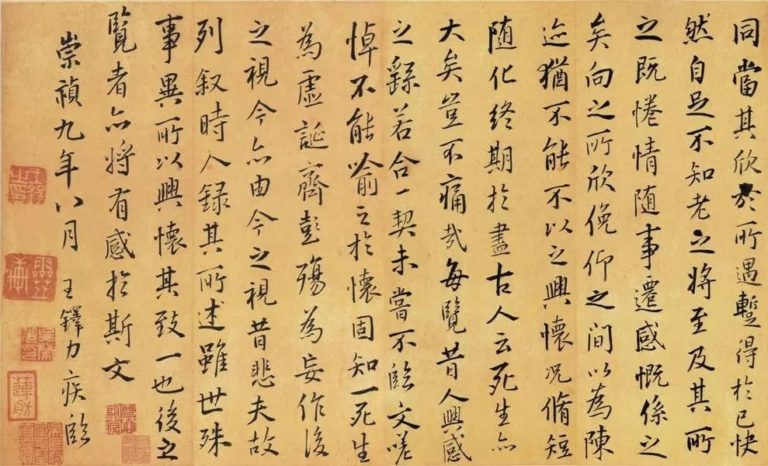

0 Comments